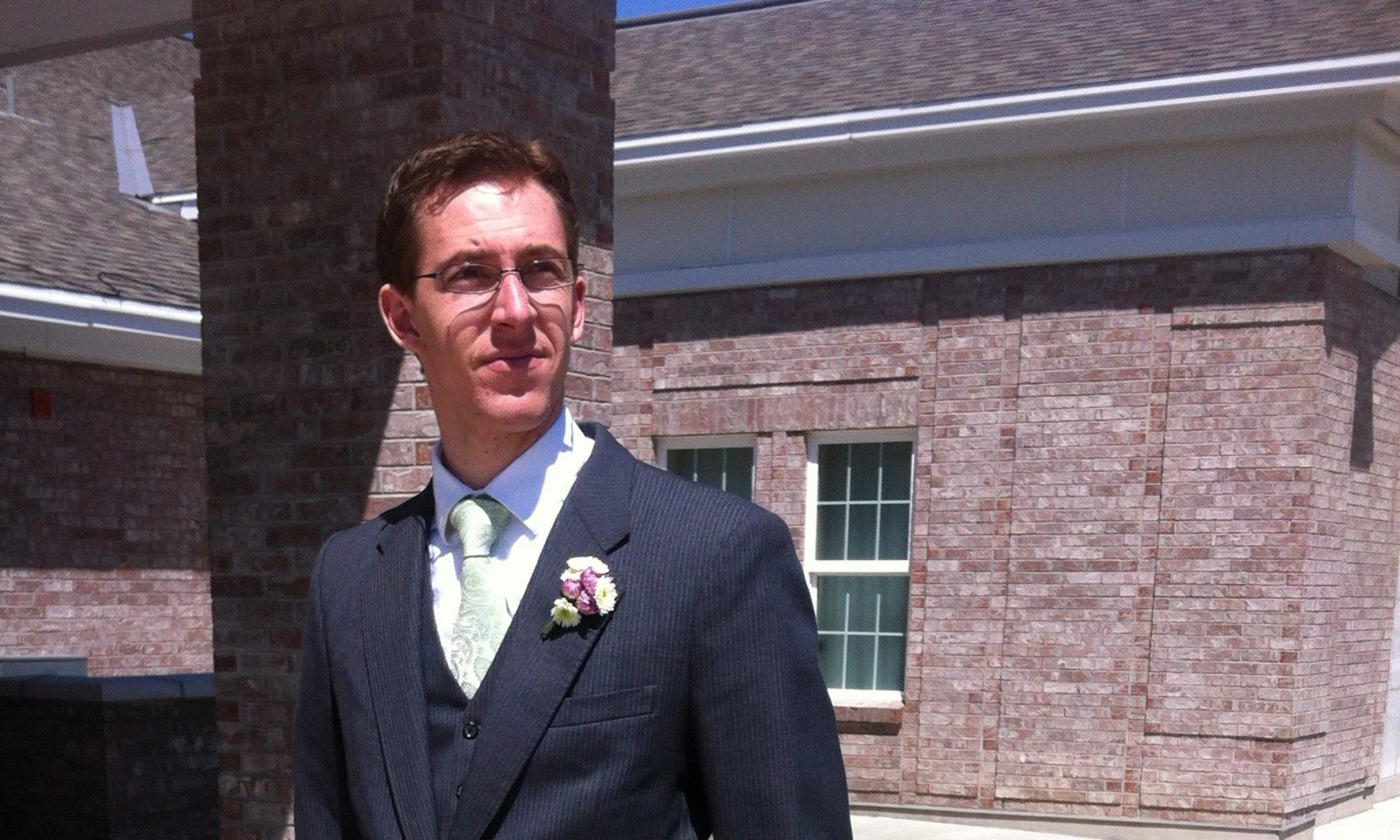When we read stories, we tend to put ourselves in the places of characters in them. We look for traits that we have, want, or never want to have, and choose to emulate appropriately.
Stories that appeal to us (read: stories that are interesting) are stories where the hero is believable, relatable, and does fantastic things.
In fantasy, we like stories of people growing from nothing to be the hero of the world or universe (Robert Jordan was outlived by his, even though it was obvious in book 1). The renewal (by everyone) of the rags to riches story is commonplace.
There’s struggle (or should be, because reality is struggle) as the hero goes through the pains and trials to become worthy of the powers he or she wields. Very few stories exist in which the hero is already perfect. One only one of those is at all compelling.
But who am I in those stories? My story doesn’t align with the heroes often. I don’t have the impact on the world in the same breadth they do. What is my impact?
I can play a part in the stories of many people. I’m the father and both sons in the parable of the prodigal son. I’m the wounded man, the priests, and (rarely) the Samaritan. I’m the people who come to touch the resurrected Christ’s hands and feet in Bountiful.
I’m sometimes Peter drowning or in the Garden. Eager to do something that takes great faith, but not quite ready to do it.
I’m the protagonist in my own story. But I’m the support in the heroic struggles around me. I don’t have to be the one seeking glory. I don’t have to be the one about whom so much is written.
I’m the one whose name (maybe) gets mentioned, but plays a critical role that may or may not end up in the written history.
